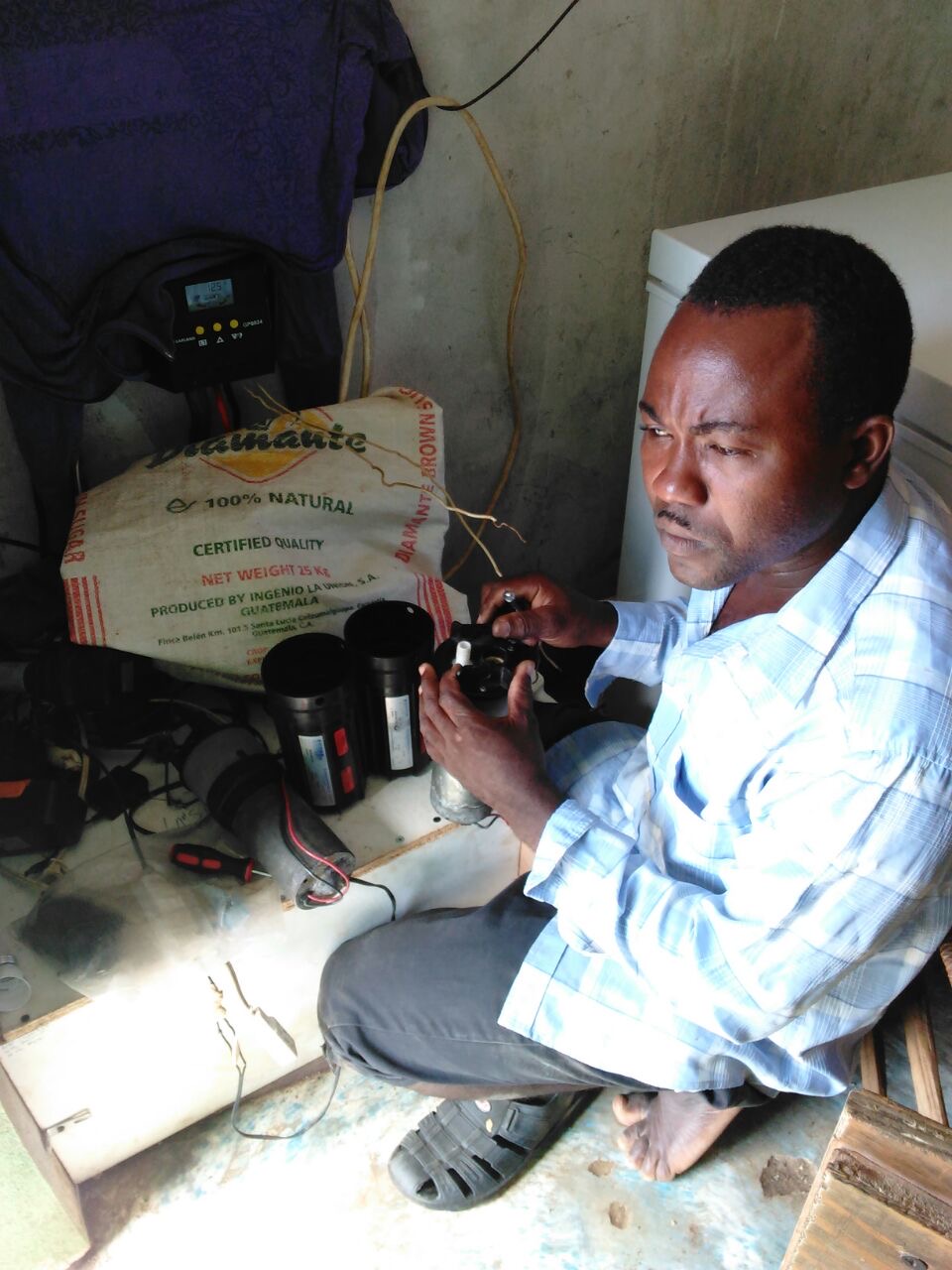Let me tell you:
My current hero, the physician-anthropologist-partisan, Italian Carlo Levi, crafted an ethnography of his exile in mountains of Basilicata, Southern Italy, under Fascism. His memoir was Cristo si è fermato a Eboli, — Christ Stopped at Eboli.
Nothing much about Christ stopping here, in these mountains, somewhere, in southern Haiti. At 4,500 feet, give or take. Dr. Levi’s title is better translated as “Christ Never Made it Up Here.”
Mountain? This Haitian hillock. It’s too alive, verdant, earthy, sweaty, breathing…bare footsteps murmuring up and down the paths, Kreyol calling. Perhaps…perhaps, here, on this small mountain, despite the deprivations, the hard-scrabble lives I share…perhaps, here, well — Christ —that notion of redemption through suffering…doesn’t sell well here.
At least, myself, I’m not buying.
Here, there is all-over green, pandanus, kokoye, trees, young and old pea plants…a vast, jungle-y drooping smelling life, a wildness that feels, in contrast to Carlo Levi’s bare village, starving peasants somewhere in 20th century Basilicata, in Italy’s boot, a dried, forsaken, abandoned plaster…
Here, well, on the mountain, well, God is in this place. “And I didn’t know it.” Mon Bouton, Haiti.
Now, I must show you.
Here.
 |
| The living earth, verdant, lush vines gripping |
 |
| You could see, if not imagine, forever...Miami! |
 |
| Yes, I am an anthropologist, a seeker, wanderer...and so? |












